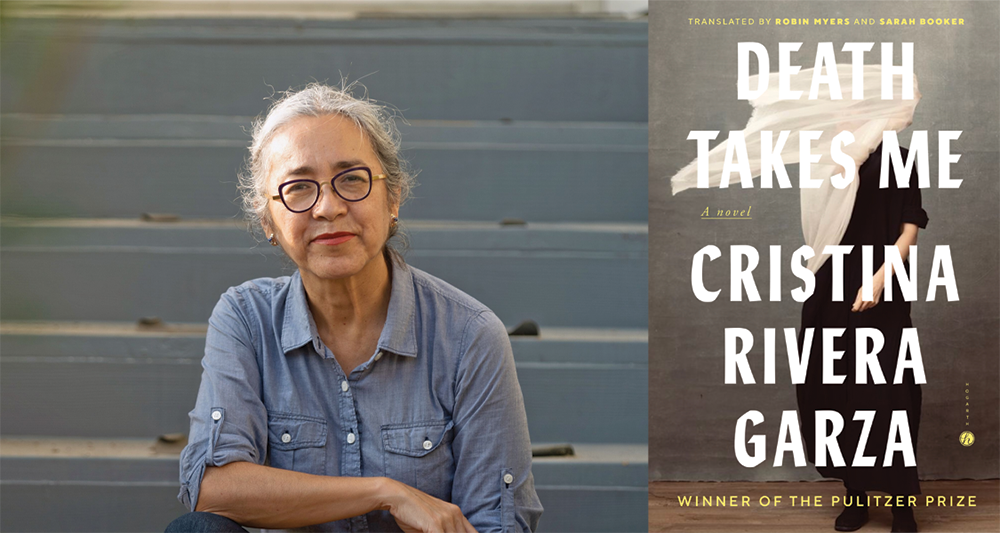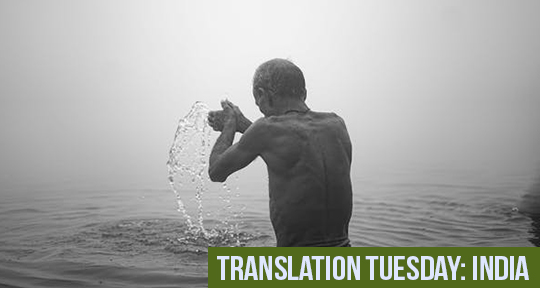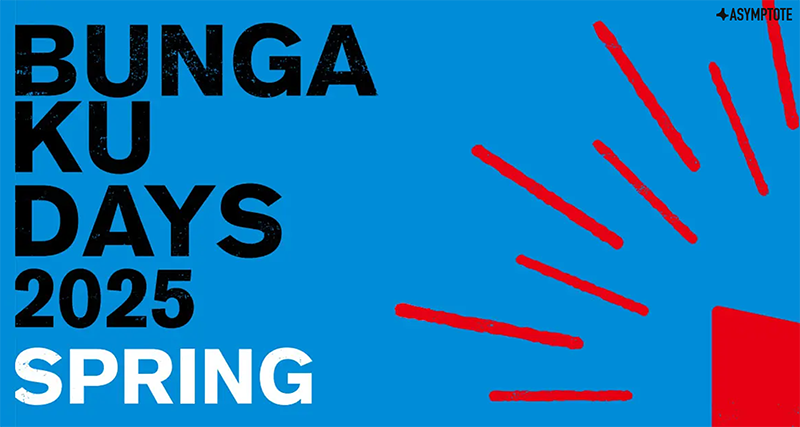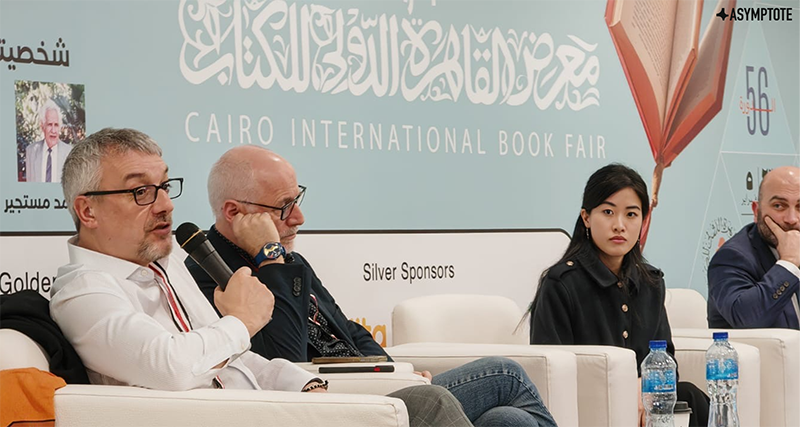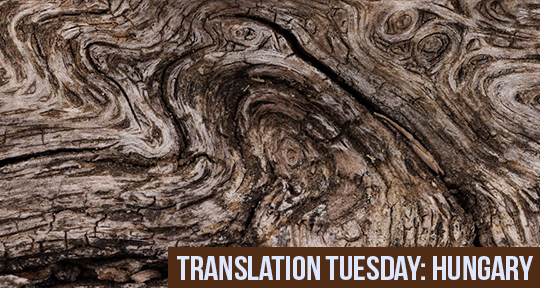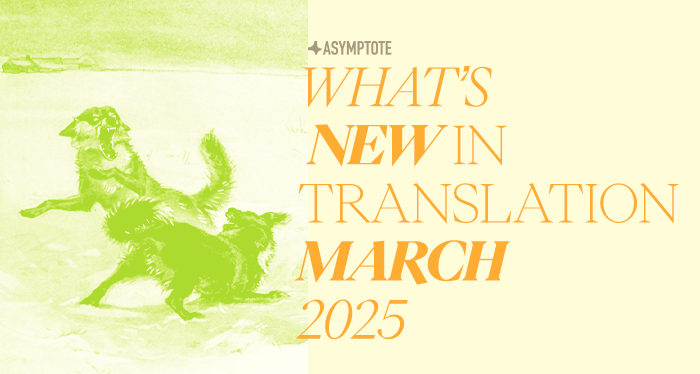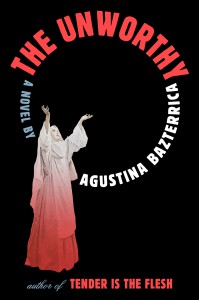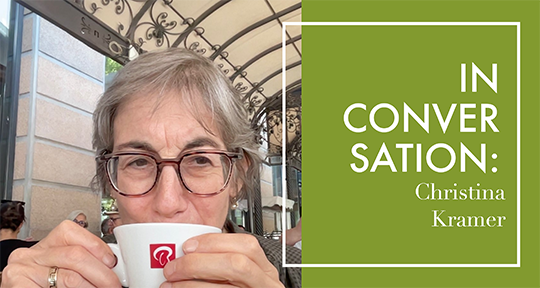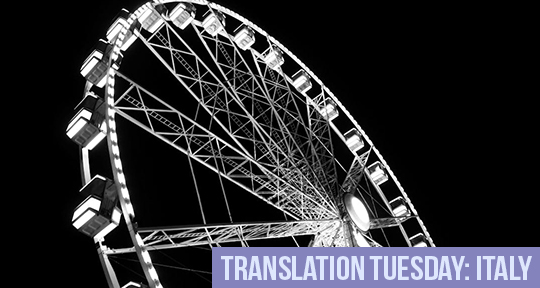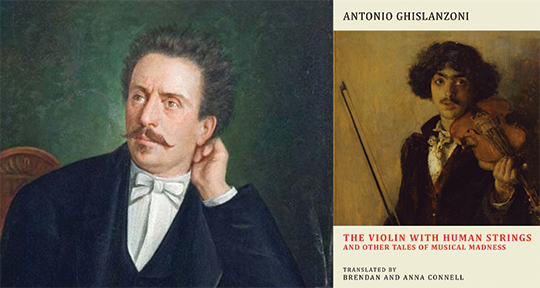Death Takes Me by Cristina Rivera Garza, translated from the Spanish by Sarah Booker and Robin Myers, Hogarth, 2025
Death Takes Me, the latest novel by Cristina Rivera Garza to be translated into English, starts with a sort of epigraph titled “The Castrated Men.” The epigraph is a quote by Slovene philosopher and sociologist Renata Salecl: “However, with humans, castration should not be understood as the basis for denying the possibility of the sexual relationship, but as the prerequisite for any sexual relation at all. It can even be said that it is only because subjects are castrated that human relations as such can exist.”
The novel thus immediately establishes its premise, both in terms of tone and theme, but also hints at Rivera Garza’s fragmentary and intertextual writing style. By quoting Salecl, who was inspired by Lacanian theory on castration not as a physical mutilation but as a limitation on language, culture, and social norms, she throws the reader right into the middle of the type of discourse on gender dynamics with which Death Takes Me will attempt to engage.
As the novel begins in earnest, we find Professor Cristina Rivera Garza—the main character as well as the name of the author herself—on a run through the alleys of an unknown city when she comes across the body of a young man. The man has been mutilated, his penis cut off, laying in “a collection of impossible angles.” Accompanying the body are four lines of poetry, written in a red lipstick, from “Árbol De Diana” by Alejandra Pizarnik, a legendary Argentinian poet active in the 50s and 60s:
beware of me, my love
beware of the silent woman in the desert
of the traveler with an emptied glass
and of her shadow’s shadow
After reporting the crime to the police, Cristina, herself an expert in Pizarnik’s poetry, becomes entangled with The Detective, the woman assigned to investigate the case, both as an accomplice and a suspect. READ MORE…

